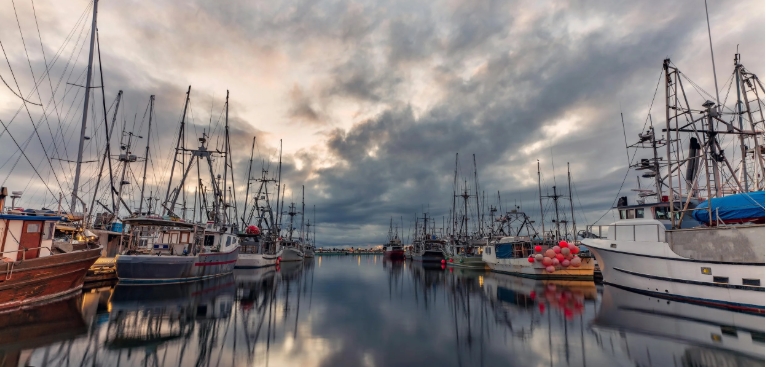The sea around us is a vital part of our planet’s ecosystem and plays a crucial role in our daily lives. From its impact on weather patterns to its influence on the economy and biodiversity, understanding the ocean is essential. In this article, we will explore the importance of oceans, their ecosystems, and the challenges they face, encouraging all to engage more deeply with this vast resource.
Understanding Ocean Ecosystems
The oceans cover over 70% of the Earth’s surface and are home to a diverse array of life forms. These ecosystems, ranging from coral reefs to deep-sea trenches, are incredibly complex and interdependent. Marine life not only contributes to the health of the ocean but also supports human existence through food, oxygen production, and even climate regulation. For instance, phytoplankton—tiny ocean plants—produce nearly half of the world’s oxygen. By safeguarding these ecosystems, we support not only marine biodiversity but also our own health and well-being.
The Economic Significance of the Sea
The sea is not just a source of beauty; it is also a cornerstone of global economies. Industries such as fishing, tourism, and shipping rely heavily on healthy ocean environments. Coastal communities often depend on fishing for their livelihoods, while billions of people visit beaches and marine parks each year, contributing to local economies. Plus, the ocean plays a pivotal role in trade, with about 90% of the world’s goods being transported by sea. Understanding and protecting the economic facets of the oceans encourages sustainable practices that can benefit both communities and the environment.
Challenges Facing Our Oceans
Despite their importance, our oceans face numerous challenges, including pollution, overfishing, and climate change. Plastic waste is one of the most urgent issues, harming marine life and ecosystems. Additionally, rising sea temperatures and ocean acidification are threatening coral reefs and the biodiversity they support. Awareness of these issues is the first step toward taking action. Local initiatives, community clean-ups, and sustainable seafood choices are ways individuals can contribute to ocean conservation. When we recognize our responsibility in protecting these vast waters, we empower ourselves to be better stewards of the environment.
In conclusion, the ocean is an essential resource that impacts all aspects of life on Earth. By learning more about its ecosystems, economic importance, and current challenges, we can better appreciate the sea around us. I encourage you to explore local marine environments, participate in conservation efforts, and stay informed about ocean health. Together, we can ensure that the sea continues to thrive for generations to come.

